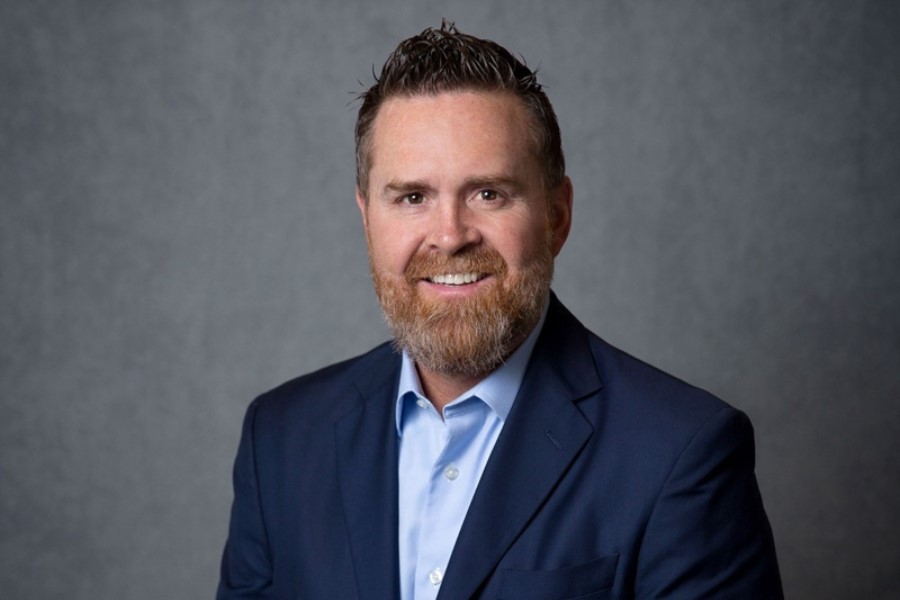

Retirement planning is no longer an old man’s game; it’s a core component of generational wealth management. Trevor Wilde, CEO of Wilde Wealth Management, says that retirement planning is a core foundation and focus for every client he has, regardless of age.
“More broadly, we use the term financial planning – and one element of that is [always] going to be retirement planning,” Wilde says. “When I think about my peers, the financial plan that we have has a pretty keen focus on retirement as one element, but there’s other elements [too] – college planning, for instance. My oldest has just turned 18, so that’s where we’re at in our lives right now.”
What makes Wilde’s whole approach to retirement planning, and wealth management in general, stand out is one underlying principle: that financial planning is inherently personal and should evolve with an individual’s changing needs and circumstances.
“At the cornerstone of every relationship, whether you’re 20 or 70, is going to be a financial plan that has a heavy focus not only on retirement planning but then the other things that might be important to the client,” he says.
This approach ensures that clients feel seen and supported in all aspects of their financial journey, not just the destination. Having won significant awards nationally and for best in state, the Arizona-based advisor’s methods have made him somewhat of an icon in the industry – something he says springs once again from that inherently personal approach to financial planning.
“What we really focus on at Wilde [is] to differentiate how we work with our clients, which was modeled after the family office concept,” Wilde explains.
This holistic model is not merely a buzzword for Wilde and his team; it’s a practical methodology underpinned by a diverse team of experts – especially where estate planning is concerned.
“We have three different insurance specialists under our roof: one that predominantly focuses on health insurance and disability insurance, one that focuses on liability insurance, and one for life insurance. Our leverage with our life insurance specialist is primarily on estate planning – making sure there’s a plan in place if a primary wage earner passes away. What really differentiates us is a focus on changing the structure of an organization.”
For Wilde, this structure isn’t just a convenience; it shows a fundamental shift in how investment management services are delivered. And rather than relying on external referrals, Wilde Wealth Management’s integrated model ensures that clients have direct access to a multidisciplinary team.
“What differentiates us, what we did a long time ago, was a focus on changing the structure of our organization,” Wilde says. “We have specialists in each one of those roles – not just in a referral format. I think a lot of people in our business have the CPA on speed dial or they have an estate planning attorney they refer to and get referrals from. However, [it’s about] bringing all those trusts and resources under one roof so that when we’re meeting with clients, it’s truly an integrated process.”

Driven by robust transaction activity amid market turbulence and increased focus on billion-dollar plus targets, Echelon Partners expects another all-time high in 2025.

The looming threat of federal funding cuts to state and local governments has lawmakers weighing a levy that was phased out in 1981.

The fintech firms' new tools and integrations address pain points in overseeing investment lineups, account monitoring, and more.

Canadian stocks are on a roll in 2025 as the country prepares to name a new Prime Minister.

Carson is expanding one of its relationships in Florida while Lido Advisors adds an $870 million practice in Silicon Valley.
RIAs face rising regulatory pressure in 2025. Forward-looking firms are responding with embedded technology, not more paperwork.
As inheritances are set to reshape client portfolios and next-gen heirs demand digital-first experiences, firms are retooling their wealth tech stacks and succession models in real time.
